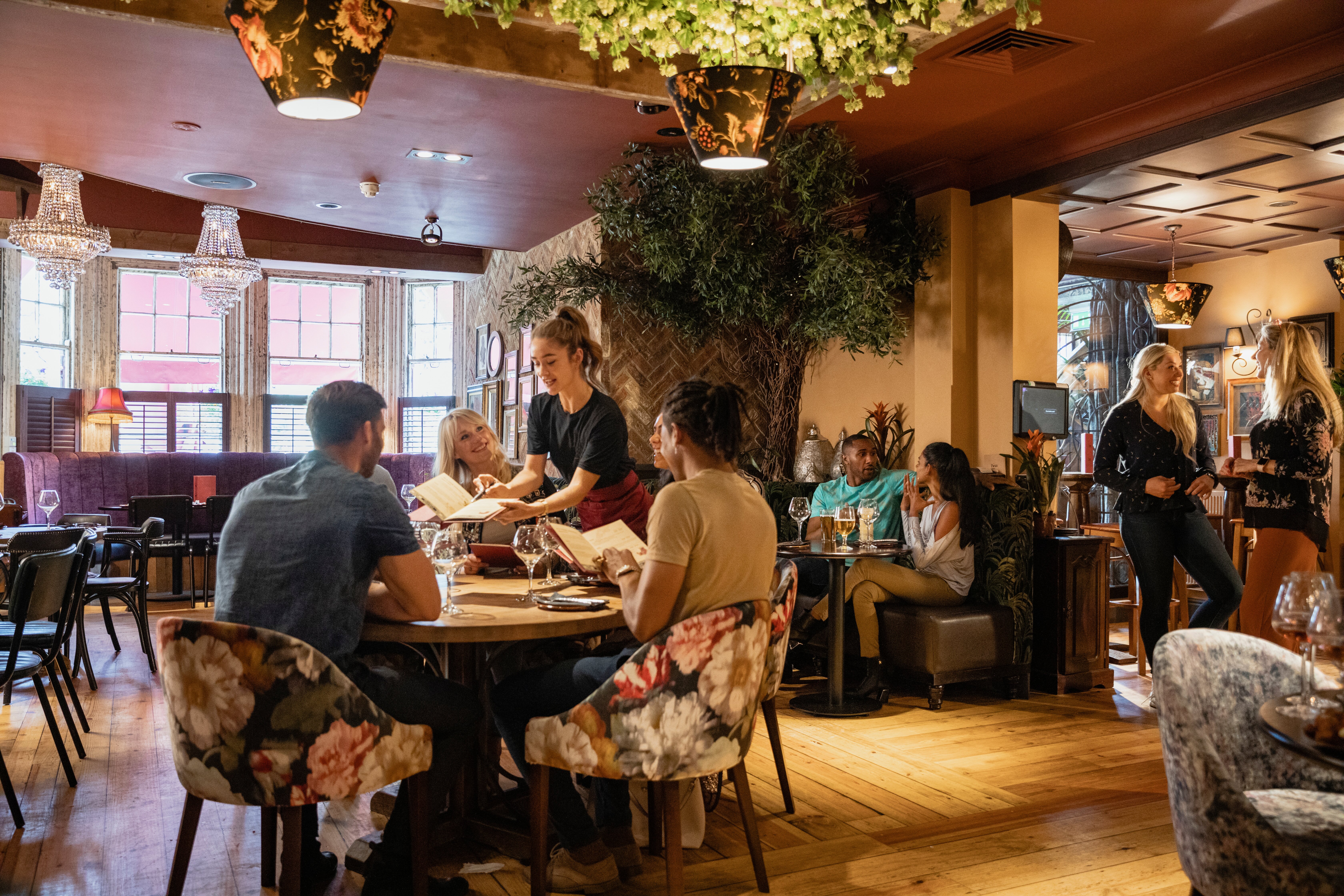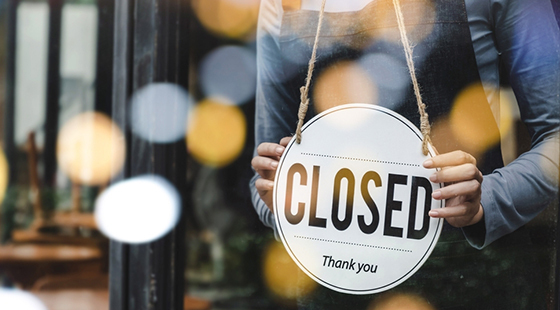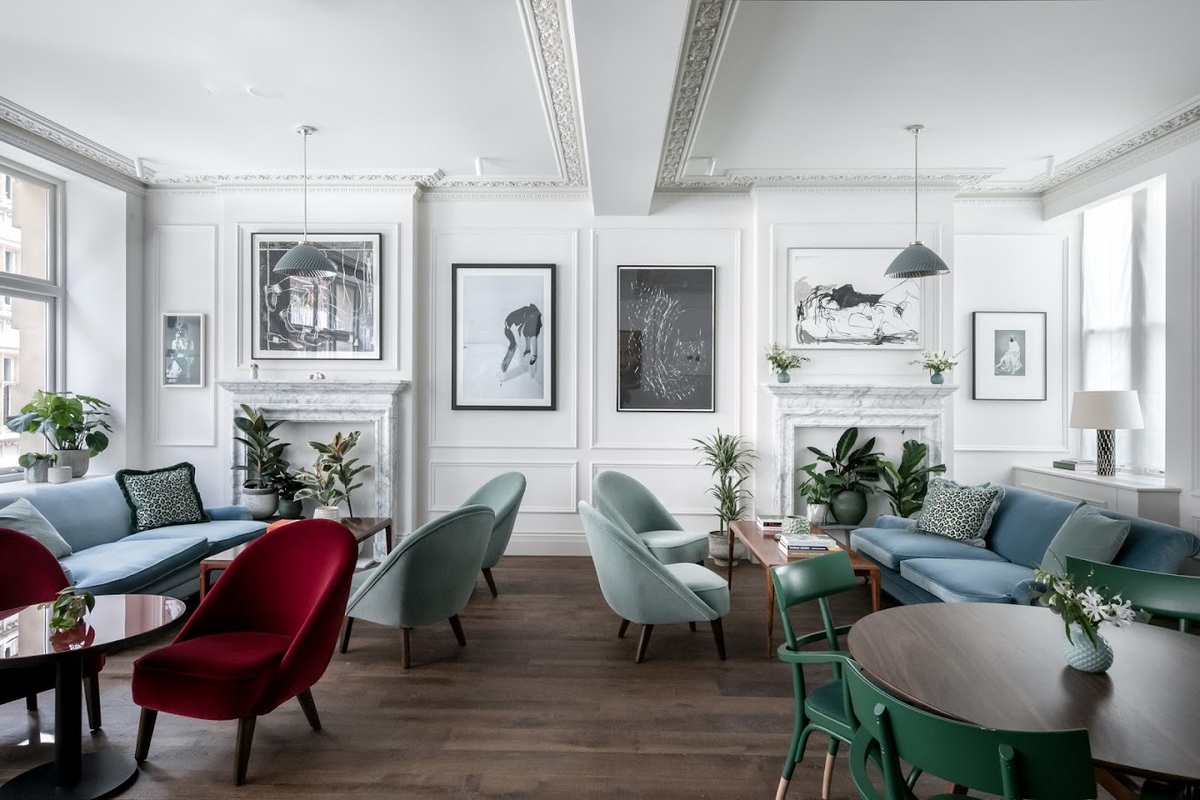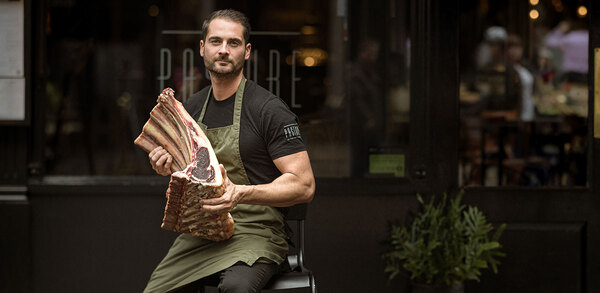'Dining out risks becoming a luxury': chefs warn of menu price rises to combat costs
Hospitality businesses are having to raise prices to combat soaring costs, with one chef warning dining out is at risk of becoming a “luxury”.
Several operators told The Caterer they were expecting menu prices to increase by around £10-£15 a head as food, energy and wage costs continue to climb.
One chef said customers could be in for a “shock” in April as venues adapt their menus to counter a return to the 20% VAT rate and rise in the National Minimum Wage.
A UKHospitality survey of more than 340 businesses – representing some 8,200 sites – found that 15% anticipated price hikes of more than 20% to offset the cost pressures they face.
Rising costs
Last week Simon Hulstone, chef-owner of the Michelin-starred Elephant in Torquay, posted his gas bill on Twitter showing payments had risen almost £1,000 in eight months and joked he would be “cooking by candle soon”.
Danny Parker, head chef at Jesmond Dene House hotel in Newcastle, told The Caterer the price of staple ingredients had risen at an “astonishing” rate, and he was now paying 48% more for butter, 31% more for pistachios and 30% more for flour.
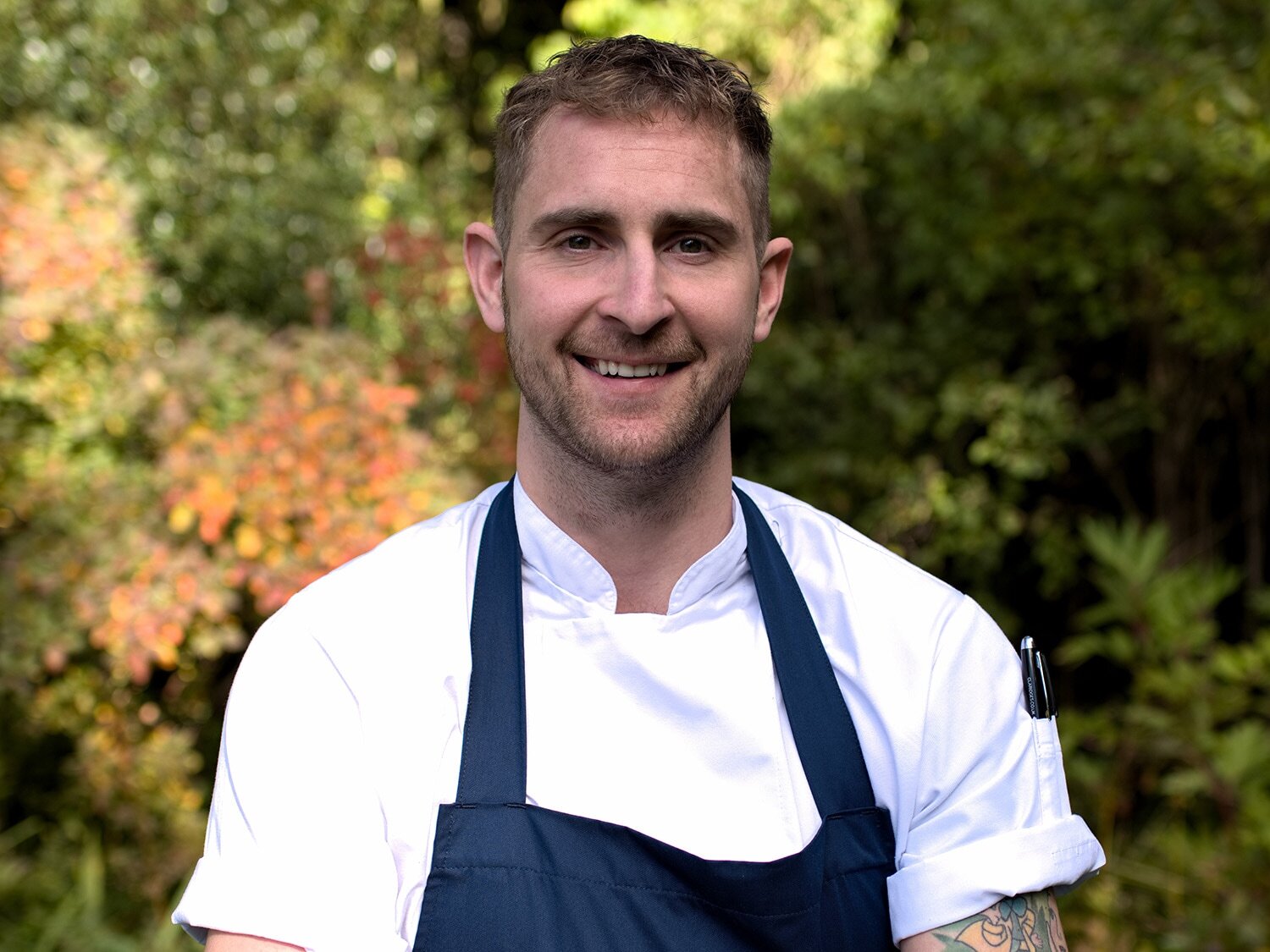
He said: “For me it’s the basic things we can’t do without - you can change menus and stop using certain things if you need to, but you can’t stop using potatoes, oils or butter.
“And it’s not imports it’s British products: clotted cream from Cornwall, mixed leaf salads, Maldon sea salt, they’re not far-flung places.”
He said suppliers were blaming an increase in their own energy and wage costs for price hikes. “The staff are having to be paid more - especially transport staff and their general operating costs are going up.”
Parker added there was a “turn the lights out, shut the door” mentality in the hotel to save money but said cutting energy bills would require a bigger investment. “You can talk about changing to induction and things like that but it’s a massive capital injection and most boutique hotels or restaurateurs don’t have that capital kicking around.”
Reluctance to change ingredients
Kenny Atkinson, chef patron at House of Tides in Newcastle, told The Caterer he needed to find savings of around £2,000 a month after seeing his electricity and gas bills double.
He is reluctant to use cheaper ingredients on the multi-course tasting menu, for which the restaurant has held a Michelin star since 2015, and is instead raising the cost of lunch from £85 to £100 and dinner from £110 to £120 from 1 April.
He said: “We either make a saving on the menu by buying cheaper produce, which is something we won’t do, or look at taking luxury ingredients like caviar and truffle off the menu. It’s hard because you want to make sure that you’re offering value for money, and someone is coming for a luxury experience.”
Atkinson is due to relaunch his Newcastle bistro Violets as fine dining restaurant Solstice this spring but said the opening had been hampered by rising costs. “We had all our budgets set and loans agreed but everything changed. Tiling went from £5,000 to £10,000 because tiles got more expensive, no one could get hold of any timber, materials were doubling in price.
“Going into spring we’re looking to recruit and have had to re-cost plans for our menu because wages have had a massive increase.”
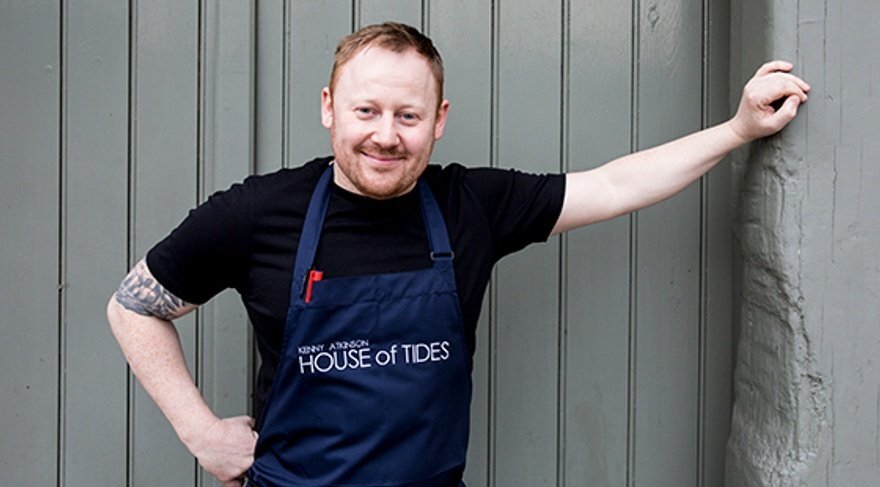
Hove restaurant Wild Flor is set to see its energy bills rise around £800 a month and the team is looking to invest in more efficient equipment.
Co-owner Rob Maynard said the restaurant was aiming to keep prices rises reasonable by focusing on serving the best cuts of meat and quality fish and vegetables rather than including more premium menu items.
“We’re serving oxtail suet puddings and stuffed mackerel tranches, these are items of real skill and frankly are more impressive in my opinion and are far more enjoyable than raising prices through the roof,” said Maynard.
Brett Lee, owner of the Stuzzi restaurants in Leeds and Harrogate, said businesses had a responsibility to raise wages to try and help staff manage the increasing cost of living. “Every household in the country will now be reviewing how they’re spending money due to the rise in energy costs,” he said. “This may push people to only visit their favourite restaurants once a month instead of more frequently.”
Dining out becoming off limits
Parker said he feared more expensive menus could lead to some people being priced out of restaurants from April.
He said: “I think dining out might become a special thing again like it used to be in the 1970’s and 1980’s. I hope it doesn’t but how many people will eat out two or three times a week if a meal is going from £35 a head to £45-£50?”
Atkinson echoed his concerns, adding: “Fine dining and dining in general is in danger of becoming a luxury because it’s becoming an expensive thing to do.
“It’s becoming more and more expensive to eat out. I can see a lot of mid-market restaurants that rely on turnover might struggle. Even your higher-end restaurants, we’re all going to struggle.”
However, the chef insisted he was still positive about the future. “I think people have missed dining out, are looking at their hard-earned cash, and spending it more wisely. They may eat out less and dine out better. We’re already seeing guests buying better wine but not as many bottles.”
Maynard said that he is remaining optimistic, adding: “This moment is supposed to be a recovery period for restaurants that have seen a good kicking over the last two years, but it would appear we’re heading for another round.
“[But] I can’t see much point in doom and gloom…there are so many options available to soften the blow, keep prices steady while retaining margins and being more efficient.
“It’s important to remember hospitality, or the act of looking after guests is what it’s all about. People want a good time, they want delicious, tasty food and some good memories.”
The Caterer will be taking an in-depth look at the issue of rising costs and how operators can adapt in our 25 February issue.
Main image: DGL Images/Shutterstock.com



